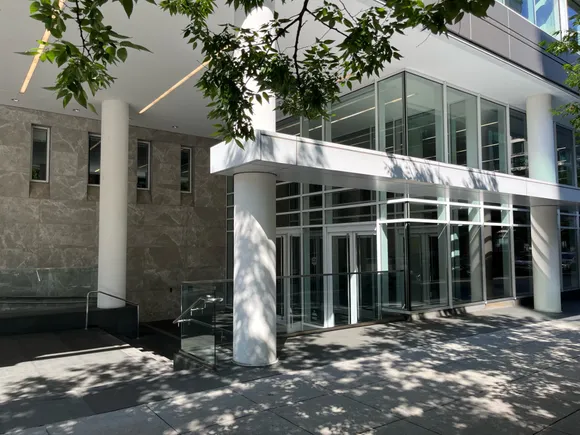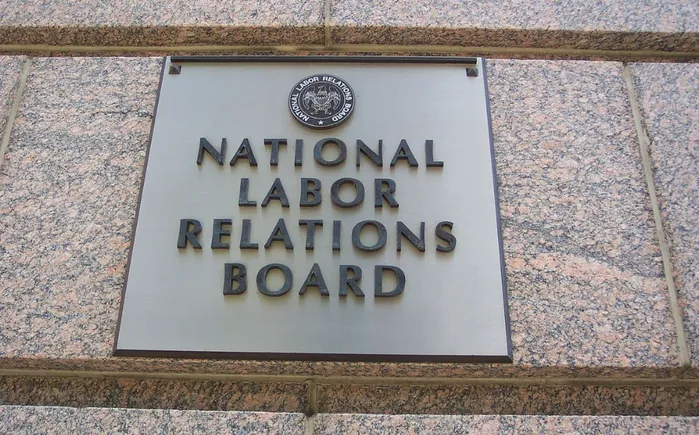Leah M. Stiegler is a principal, and Emily Kendall Chowhan is an associate in the labor and employment practice at Woods Rogers in Richmond, Virginia.
“[W]hen Brad was out, I was the best thing in the world. I did everything right. […] But when Brad was there, I couldn’t do anything right.”
This is testimony from a recent case, Starling v. General Motors, LLC, out of the Southern District of Mississippi, where the plaintiff alleged that his supervisor, “favored” his co-worker, Brad. The co-workers were long-term colleagues who got along well. But according to the plaintiff, even Brad recognized he was the favorite between the pair.
This raises an interesting question: Is it unlawful for a supervisor to favor one employee over another?
Favoring an employee because of the employee’s good performance is perfectly lawful
Supervisors play favorites all the time. A manager may assign a difficult project to their most skilled employee or assign the most profitable account to their best salesperson.
There is no federal or state law that prohibits favoritism based on performance in the workplace. The general premise is: if you are a good performer, you should be rewarded.
Favoring an employee because of a protected characteristic is unlawful
The employee in Starling alleged he complained to upper management that his supervisor treated Brad more favorably. However, his lawsuit added an additional accusation: That the supervisor favored Brad over the plaintiff because Brad is White, and the plaintiff is Black. Favoritism based on a protected characteristic, such as an employee’s race, gender or age, is unlawful.
Supervisors should be very transparent about the reasons for their decisions and should document the same. Employees don’t have to put forward evidence of discrimination to file a lawsuit. Instead, all it takes is for an employee to perceive that they are being discriminated against. In fact, the plaintiff in Starling testified that the supervisor “treated him differently than his peers” because, in his opinion, the manager refused to address their behavior issues.
So, what should an employer do when an employee has this perception?
Investigate employee complaints of favoritism
It is much less costly to address employee complaints internally than through the court system. Employers should investigate employee complaints about favoritism like they would investigate harassment, discrimination, unethical conduct or any workplace policy violation. The goal is to ensure a supervisor is not, in fact, favoring an employee because of an unlawful reason and to address an employee’s perception of favoritism so it does not fester into a legal action.
The investigation should consider the following:
- Is favoritism occurring? If it is, why does the supervisor favor one employee over another? Is the supervisor’s reasoning lawful, or is there an unlawful implicit bias at play?
- Does this impact other employees as well? How do other employees feel about the supervisor’s decisions or the employee’s perceptions? Are any policies implicated, and are they fair and enforced properly?
- Does the employee perceive that the favoritism is based on an unlawful reason, such as discrimination? If yes, how will we address this perception? Can we be more transparent? Do we need to address performance issues with the employee?
- Do we need to engage in any remedial action to address the supervisor’s actions?
What about nepotism?
Nepotism is a form of favoritism where a supervisor favors an employee because of a familial relationship with that employee. In Starling, the plaintiff also alleged the supervisor replaced him with the supervisor’s own son.
While it is legal to favor a family member, the same concerns about the perception of discrimination can occur. The plaintiff, an employee protected by the Age Discrimination in Employment Act, also brought an age discrimination claim against General Motors because the supervisor’s son was a young guy “just out of college.”
The supervisor’s basis for replacing the plaintiff with his son was lawful: It is legal to hire and favor a family member. However, because of their age difference, the manager’s decision laid the groundwork for an age claim based on the perception that he sought to replace an older worker with a younger worker.
Ultimately, the district court denied General Motors’ motion for summary judgment, and as of the date of publication, the case is proceeding to a jury trial.
Takeaways
- Lawful versus unlawful favoritism: Favoritism is lawful when based on a lawful reason, such as favoring a higher performer. Favoritism is unlawful when an employee is favored for an unlawful reason, such as age, gender or race.
- Investigate allegations of favoritism: Employers should investigate employee complaints of favoritism the same way they would other workplace complaints. The goal is to remedy any wrongs internally if they are occurring, and attempt to address employee perceptions of discrimination or unfairness.
- Document, document, document: Document performance issues, complaints and decisions like reasons for hiring, demoting, promoting, assigning projects and terminating.
- Train supervisors: Train supervisors on the importance of consistency and transparency in decision-making.
- Legal counsel: Don’t hesitate to seek employment counsel to help assess risks and navigate a workplace situation involving favoritism.






Leave a Reply